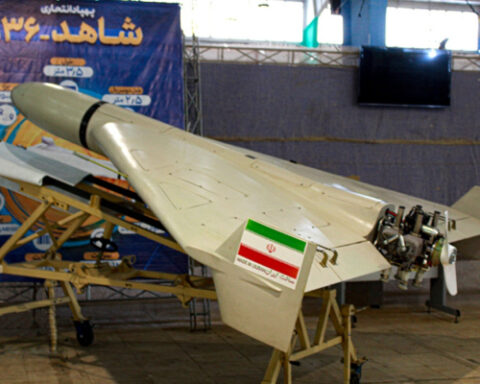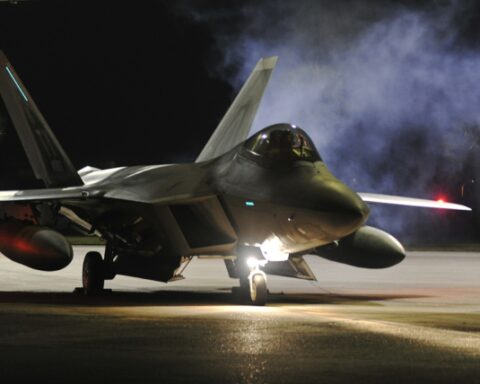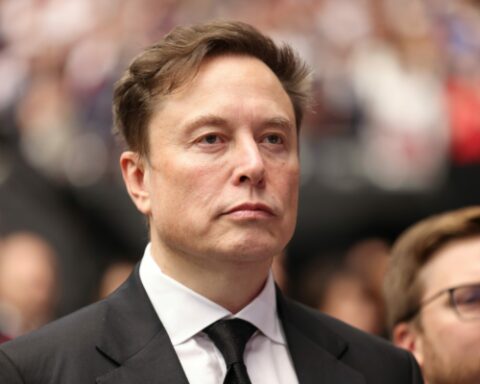President Donald J. Trump and Israeli Prime Minister Benjamin Netanyahu will reportedly meet at the White House on Monday to push forward an ambitious U.S. plan to end the war in Gaza and establish a postwar governing framework.
Yet despite the progress, significant hurdles remain — most notably Hamas’s refusal to disarm and the resistance of Arab states that continue to condition peace on a “two-state solution.”
The Trump proposal, described by officials as a 21-point plan, would see Hamas release up to 20 hostages within 48 hours, surrender its weapons, and remove some of its leadership from Gaza.
In return, Israeli forces would withdraw, a transitional governing authority would be established, and an Arab-led stabilization force would be deployed to the enclave.
“No deal is possible without Hamas giving up its weapons,” one official said, noting that the U.S. considers Hamas a terrorist organization and that the group has openly rejected the plan’s core requirements.
Hamas leaders have claimed that they cannot account for all the hostages, admitting they have “lost contact” with some groups holding them.
Netanyahu spent Sunday in New York meeting with Trump’s special envoy, Steve Witkoff, and Trump’s son-in-law Jared Kushner to hammer out details.
Israel has raised concerns about the mandate of the international force and what role, if any, the Palestinian Authority should play in Gaza.
Netanyahu has repeatedly said that there will “never be a Palestinian state,” while the U.S. framework leaves the option open, a point of contention with Arab governments.
Saudi Arabia and Egypt, for example, are pushing for guarantees of a two-state solution and for the Palestinian Authority to play a central role in governing Gaza.
Without such assurances, Saudi Arabia has signaled it will not provide funding for the reconstruction or stabilization effort. Officials from Qatar, Saudi Arabia, and the United Arab Emirates are expected to attend meetings on the sidelines of the Trump-Netanyahu summit.
Trump, for his part, has insisted that Israel will not annex the West Bank — a move he argues would undermine broader regional efforts such as the Abraham Accords, which have already expanded ties between Israel and Arab states.
U.S. officials say the president is eager to announce a peace deal to compel an end to the war, particularly after Netanyahu authorized strikes against Hamas leaders in Qatar, a close U.S. ally.
Inside Israel, Netanyahu faces criticism from families of hostages and opposition groups who accuse him of prolonging the conflict to maintain support from far-right coalition partners.
Netanyahu denies the charge. Tens of thousands of Israelis have demonstrated weekly for an agreement to bring hostages home and wind down the fighting.
Yet one official acknowledged that even if Netanyahu and Trump publicly embrace the framework Monday, the plan is far from settled. “Pushing Netanyahu to say he agrees with the plan will essentially force a wind down of the war,” the official said. “But Hamas’s compliance remains the crucial unknown.”
For Trump, the stakes are clear: a chance to secure an historic deal that ends one of the most violent chapters in the region’s history.
But the obstacles — entrenched Arab demands, a fractured Hamas, and skepticism inside Israel — underscore the challenge of translating a bold vision into reality.
[READ MORE: Netanyahu Rebukes Critics at U.N., Rejects Push for Palestinian Statehood ]







